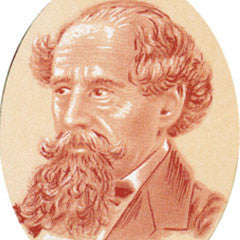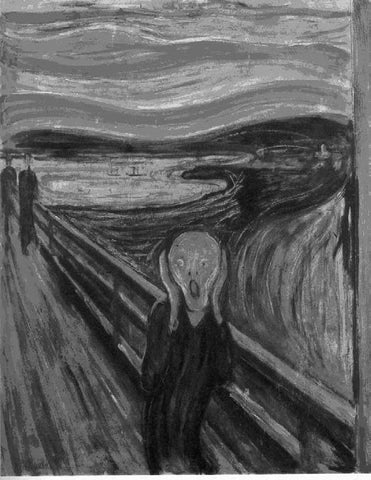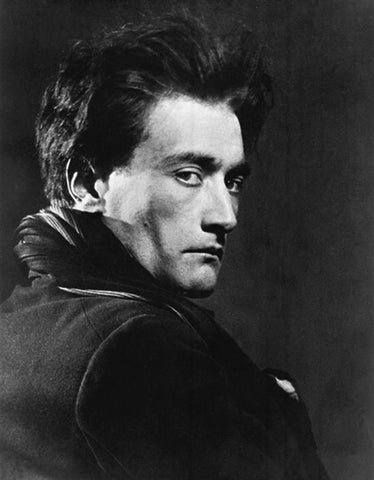
Devising with Dickens
£14.95
My students find that one of the more difficult aspects of devising is the creation of a clearly defined character. Many are reluctant to be bold in their use of voice and movement and play characters which lack definition and are little more than pallid extensions of themselves. This scheme of work is aimed at encouraging students to make use of characters which are already fully formed and to perform bold, colourful characters who will interest an audience. The idea is to use this scheme in Year 12 in order to develop students’ devising skills before they embark on the assessed work in Year 13.
Another aspect of devising which often causes difficulty is the creation of a sense of period. Students often have a very hazy idea about how society might have affected people’s day-to-day behaviour in the past, and of the level of formality which existed even in personal relationships. Only the most able students have any facility in altering their spoken language to reflect period vocabulary or to imagine a world without mobile phones, computers and cars. So this scheme of work is designed to support students in building a plausible, if not necessarily scrupulously accurate, recreation of Victorian England.
The main constraint of the paper 4 performance is the requirement to perform in the style of a recognised practitioner. This scheme of work allows for multiple possibilities depending on the available live theatre which students are able to see during the course. While Shared Experience are justly renowned for their adaptations of nineteenth-century fiction, this scheme of work could be used to create a devised performance in a naturalistic style or in a variety of other styles including physical, political or expressionistic theatre.
Charles Dickens is, of course, best known as a novelist but he also had a huge interest in the theatre and not only adapted many of his novels for the stage but also thoroughly enjoyed taking part as an actor in his own amateur productions. His novels and stories are dramatic and work brilliantly on stage, as the more recent adaptations of Oliver Twist and Nicholas Nickleby show.
Above all, Dickens is unmatched as the creator of unforgettable characters with clear traits, their own peculiarities of speech and movement and names which seem to capture the complete individual. His work is a treasure house just waiting to be raided. In this scheme of work the character descriptions have either been taken from Dickens’ work which is less well-known or they are minor characters from the more popular novels. There is a danger that students’ familiarity with the plot of a novel such as Oliver Twist might result in a less imaginative interpretation of the characters. The narrative context in which the characters exist in the novels is not of relevance in this exercise so I have given no background to the characters. It is for the students to create the narrative for their characters.
Learning objectives:
- to prepare Year 12 students for the paper 4 assessed work
- to develop students’ devising skills
- to support students in building a plausible recreation of Victorian England.




